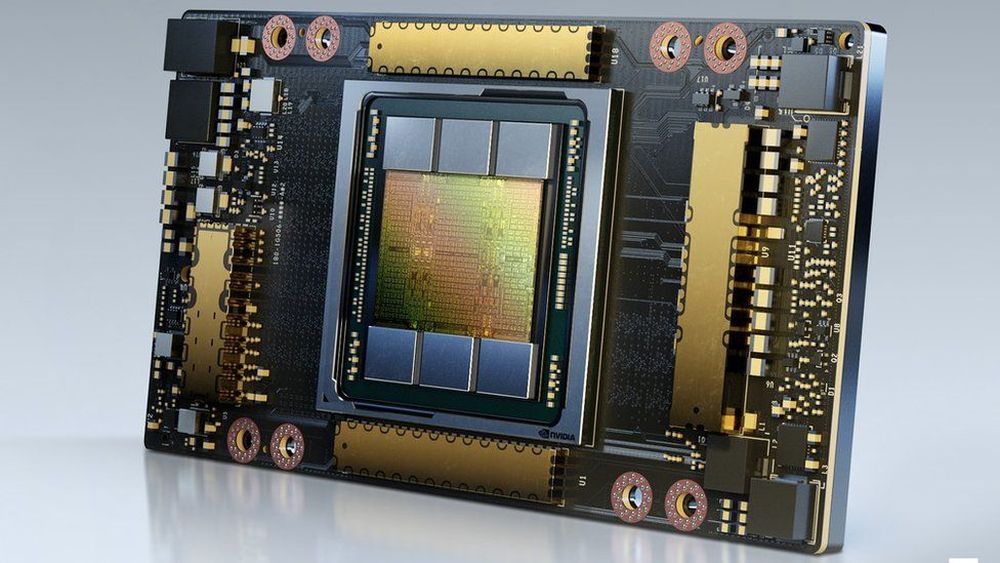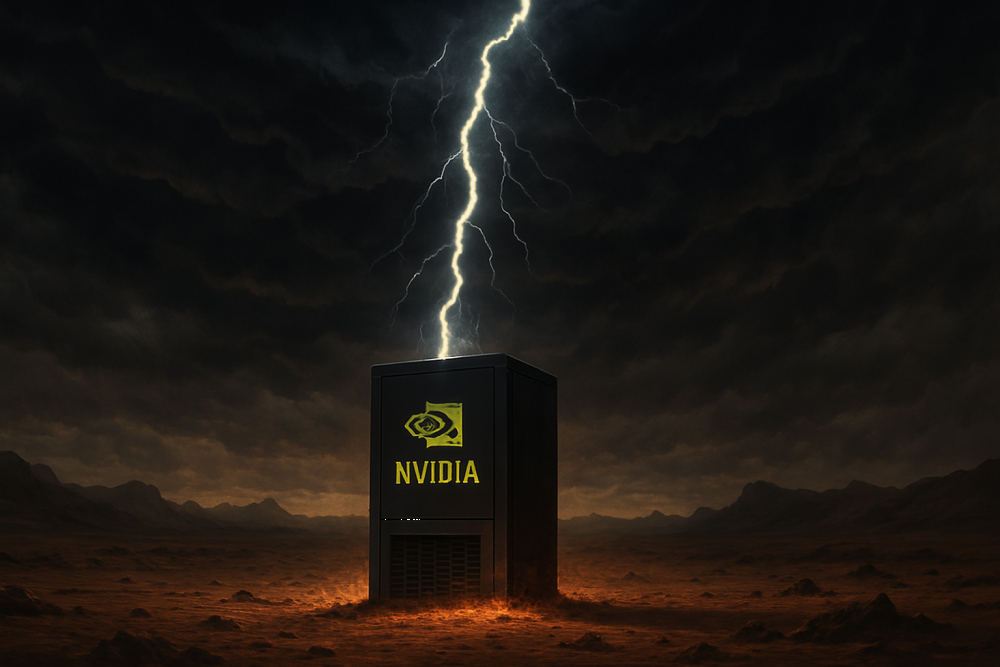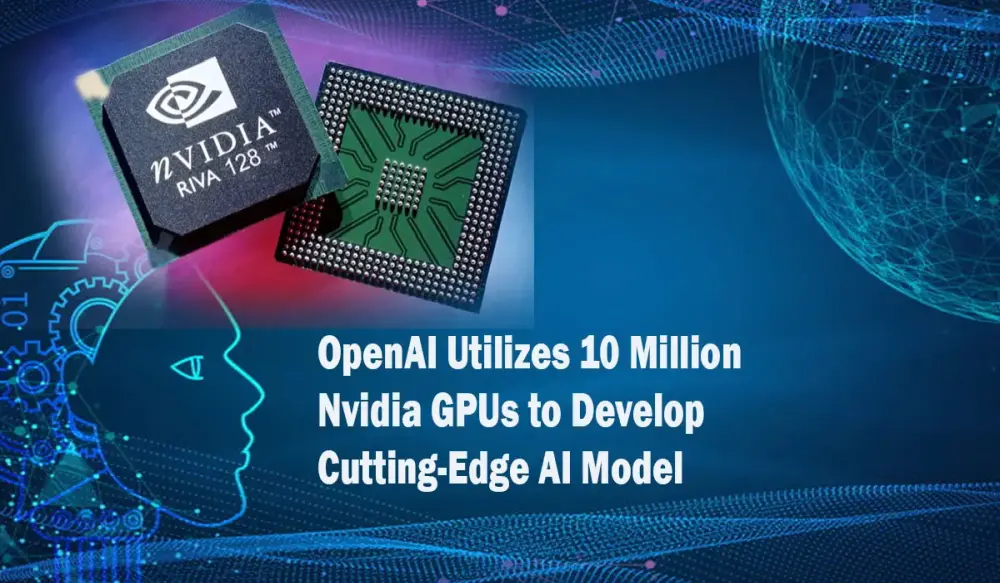Nvidia’s recent market turbulence has drawn attention not just because of its numbers, but because it reflects deeper uncertainty in the AI industry. Despite launching its powerful new Blackwell platform, Nvidia’s share value has slipped due to concerns ranging from supply chain issues to international tariffs. The market expected fireworks; instead, it got fog.

A big reason is what’s being called the “AI diffusion rule.” That’s analyst speak for the reality that AI adoption is taking longer than expected. Even though companies are buying Nvidia’s advanced chips in large quantities, they’re not immediately generating profit from them. This gap between hardware investment and actual usage is making investors nervous.

To complicate things further, geopolitical tensions have added to the pressure. While the latest US tariffs don’t directly affect Nvidia’s Taiwan-made chips, fears of Chinese retaliation or future export restrictions are enough to shake confidence. It’s a delicate situation for any company caught between the US-China rivalry—especially one whose hardware powers nearly all AI progress today.

For OpenAI and others in the same ecosystem, this isn’t just Nvidia’s problem. If chip prices rise, supplies shrink, or regulations tighten, the cost of running large-scale AI models goes up. That ripple effect could slow down innovation across the field. Nvidia may just be the canary in the silicon mine.

#Nvidia #AI #StockMarket #OpenAI #Technology #Blackwell #USChina #Tariffs
